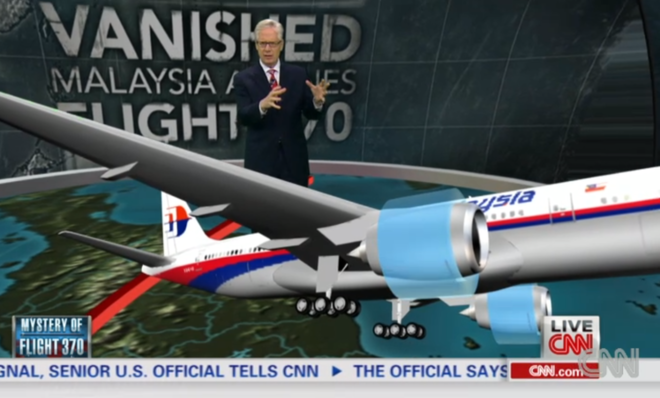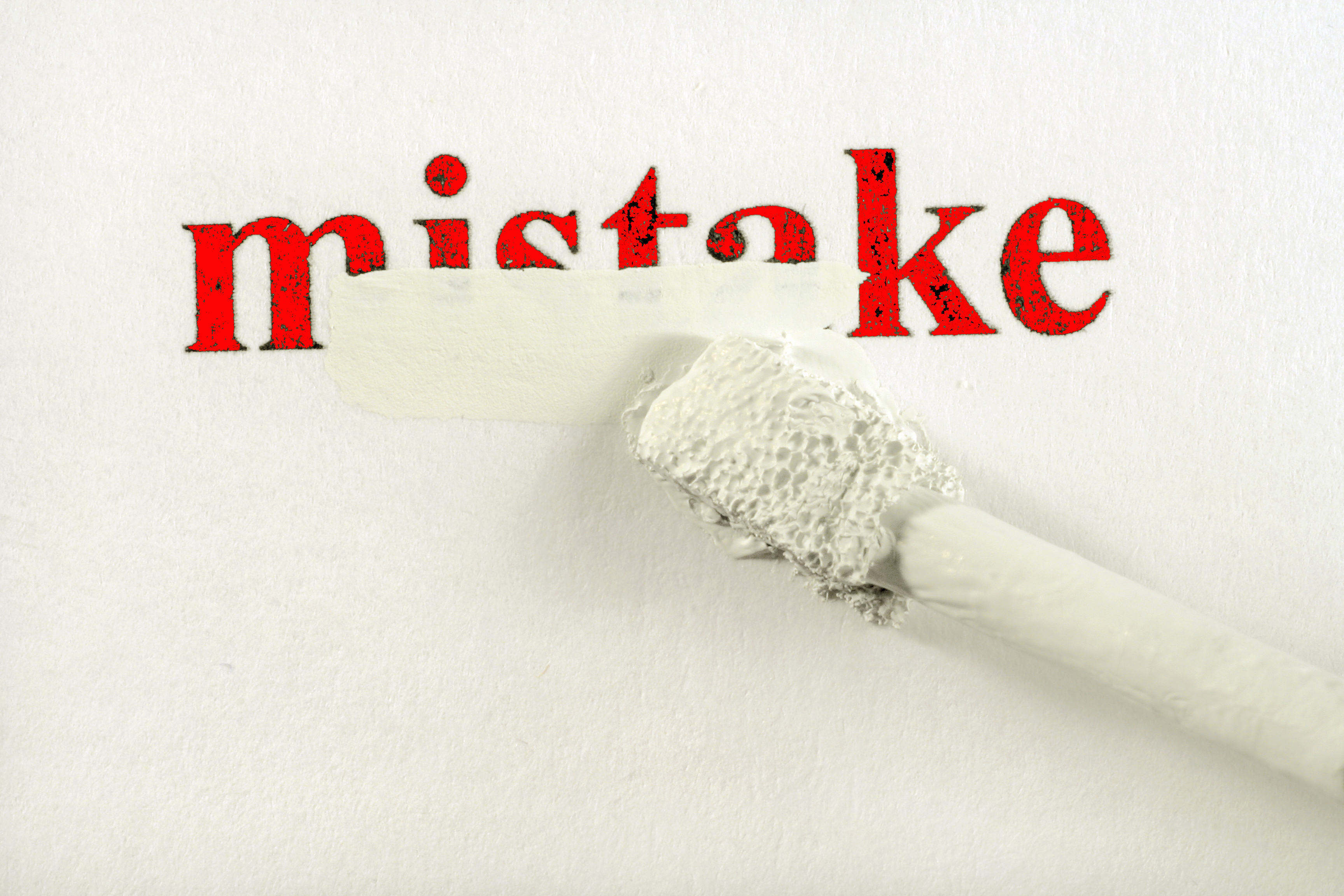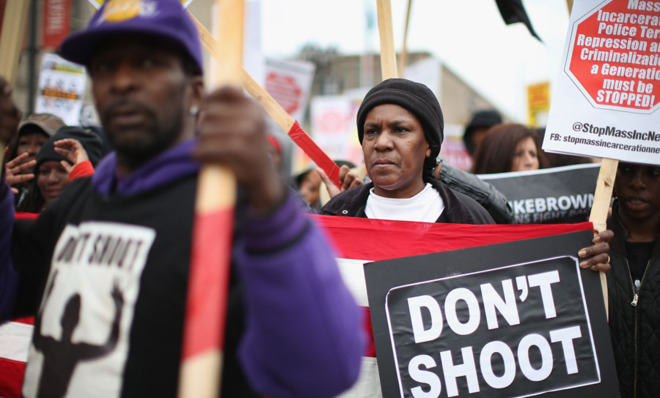Stop making fun of CNN's all-plane-mystery, all-the-time coverage
The network's critics are sourpusses


A free daily email with the biggest news stories of the day – and the best features from TheWeek.com
You are now subscribed
Your newsletter sign-up was successful
It's easy to make fun of CNN's round-the-clock coverage of the mystery of Malaysia Airlines Flight 370. At times, the network has dipped into the realm of the absurd. (No, a black hole did not swallow the plane.) Generally, media critics look down their noses at CNN for deciding to monomaniacally follow the story, as if it were some sort of an affront to News, Inc.
But do critics really want us to go back to an earlier era in news coverage? Or are they simply being snobbish?
Of course, the news business, and its content provider, journalism, are always in some sort of crisis. Pick any point in the past, and you're going to find things about the news that's gotten a lot better, and things that you really miss.
The Week
Escape your echo chamber. Get the facts behind the news, plus analysis from multiple perspectives.

Sign up for The Week's Free Newsletters
From our morning news briefing to a weekly Good News Newsletter, get the best of The Week delivered directly to your inbox.
From our morning news briefing to a weekly Good News Newsletter, get the best of The Week delivered directly to your inbox.
I really miss anchors with authority, like Peter Jennings. But I don't miss, for example, a complete lack of international news options to add variety to my consumption patterns. I can now watch Al Jazeera America, the BBC, RT, and Xinhua's 24-hour news channel anytime I want. I couldn't do that five years ago, 10 years ago, or when CNN began broadcasting out of a basement. On this one account, the furnishing of global news coverage to the masses is an incredible development. There has never been a more diverse array of voices and views about complex global subjects. You can find a lot more on the internet. Hell, you can find some of the best contemporary investigative journalism on HBO.
The criticism of CNN is larded with slippery assumptions. One is that, at some point, CNN lost its way, and that's why it no longer commands the respect and viewership it once did. That's a tenuous theory. Competition, and CNN's unwillingness to lose or change its ways in the face of it, helped fragment the national cable audience. We don't get our breaking news now from cable. We get it from the internet, or radio (still). When CNN was the only place news junkies could plug in to, CNN could pretty much set whatever standard it wanted. Once Roger Ailes masterfully realized that partisan television could attract as many eyeballs as talk radio grabbed ears, most people's expectations of cable news changed accordingly.
The criticism harkens back to the halcyon days of news coverage, but I don't know when that was. Usually, it means an era when a bunch of privileged, talented, white men delivered the news from desks. There was a lot of great coverage back then, but the networks missed a lot. Their staffs were not diverse.
I really miss bread-and-butter coverage of state legislatures and capitals, and worry that the collapse of the AP's heartland staff will diminish the corrective power of local journalism. But I'm heartened to see so many entrepreneurs begin to fund brand new journalism efforts. I would hope that they focus on state and local topics, and not just on flashy eyeball-generating investigative scoops. Since they're ostensibly, at least initially, non-profits, they can invest in atypical news gathering efforts.
A free daily email with the biggest news stories of the day – and the best features from TheWeek.com
News, Inc. has never been self-aware. In fact, it's quite narcissistic. MSNBC, which developed an obsession a while back with a governor and a bridge, doesn't quite want to admit its envy about CNN's ownership of this story. By the same rules, which are written down somewhere, I guess, I've never understood why BuzzFeedmust either cover nipple slips OR American politics, and not both. It's kind of weird that the Daily Caller, a website that would never have existed 10 years ago, somehow thinks it now represents "journalistic restraint." Howard Kurtz, now at Fox News... I mean, I can't even begin to write about what's wrong with Fox criticizing some other network's choice of subjects.
CNN has found a way to earn viewers in an age of media atomization. Its critics are sourpusses.
Marc Ambinder is TheWeek.com's editor-at-large. He is the author, with D.B. Grady, of The Command and Deep State: Inside the Government Secrecy Industry. Marc is also a contributing editor for The Atlantic and GQ. Formerly, he served as White House correspondent for National Journal, chief political consultant for CBS News, and politics editor at The Atlantic. Marc is a 2001 graduate of Harvard. He is married to Michael Park, a corporate strategy consultant, and lives in Los Angeles.
-
 What to know before filing your own taxes for the first time
What to know before filing your own taxes for the first timethe explainer Tackle this financial milestone with confidence
-
 The biggest box office flops of the 21st century
The biggest box office flops of the 21st centuryin depth Unnecessary remakes and turgid, expensive CGI-fests highlight this list of these most notorious box-office losers
-
 The 10 most infamous abductions in modern history
The 10 most infamous abductions in modern historyin depth The taking of Savannah Guthrie’s mother, Nancy, is the latest in a long string of high-profile kidnappings
-
 Rural America is more diverse than you think
Rural America is more diverse than you thinkThe Explainer It's not as poor and white as the media makes it out to be
-
 Can a media correction ever really match the mistake?
Can a media correction ever really match the mistake?The Explainer There has to be a better way
-
 Did the media get Ferguson wrong?
Did the media get Ferguson wrong?feature What we thought we knew about Ferguson is very likely not what actually happened
-
 Media bias and the abortionist
Media bias and the abortionistfeature
